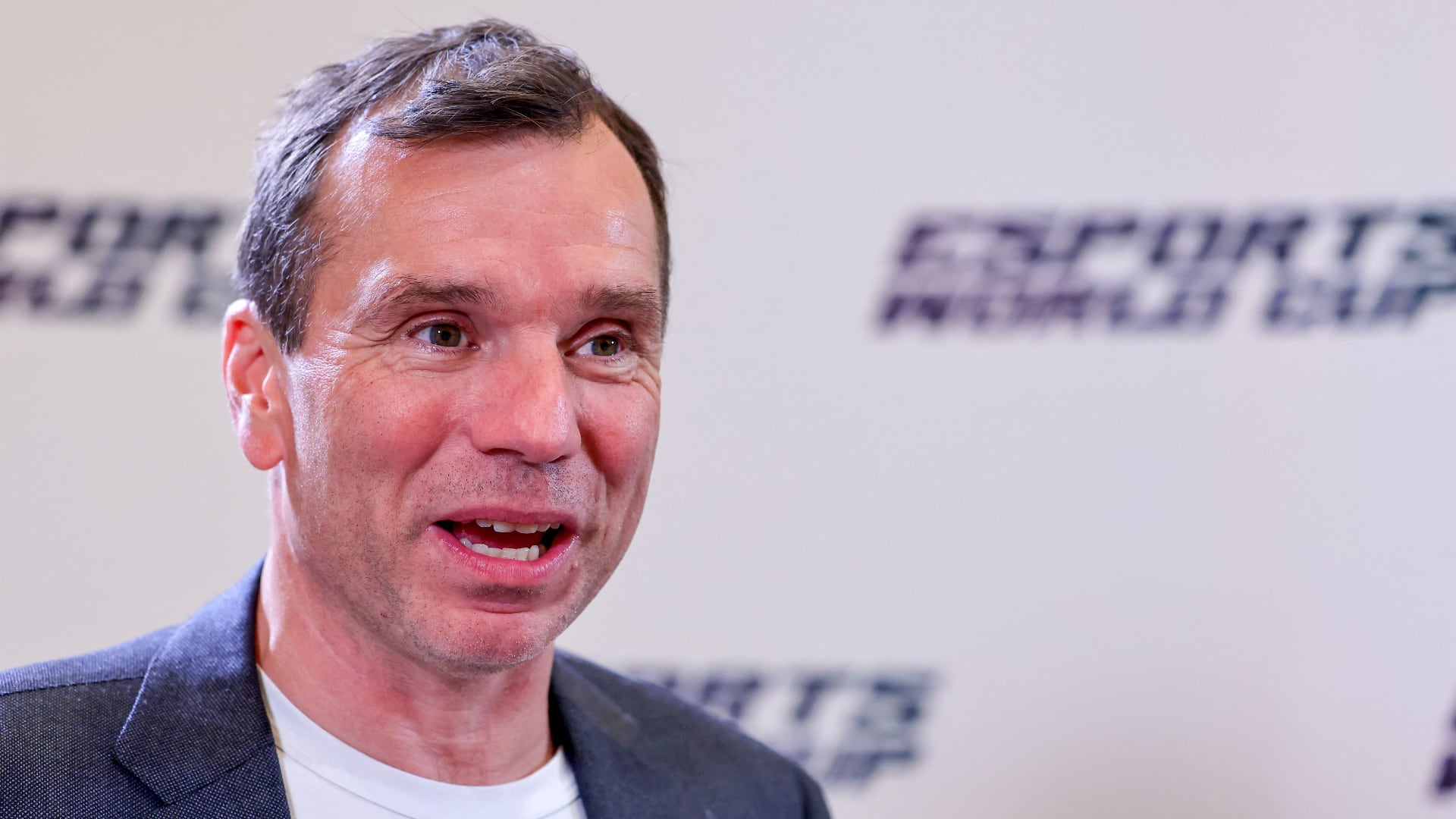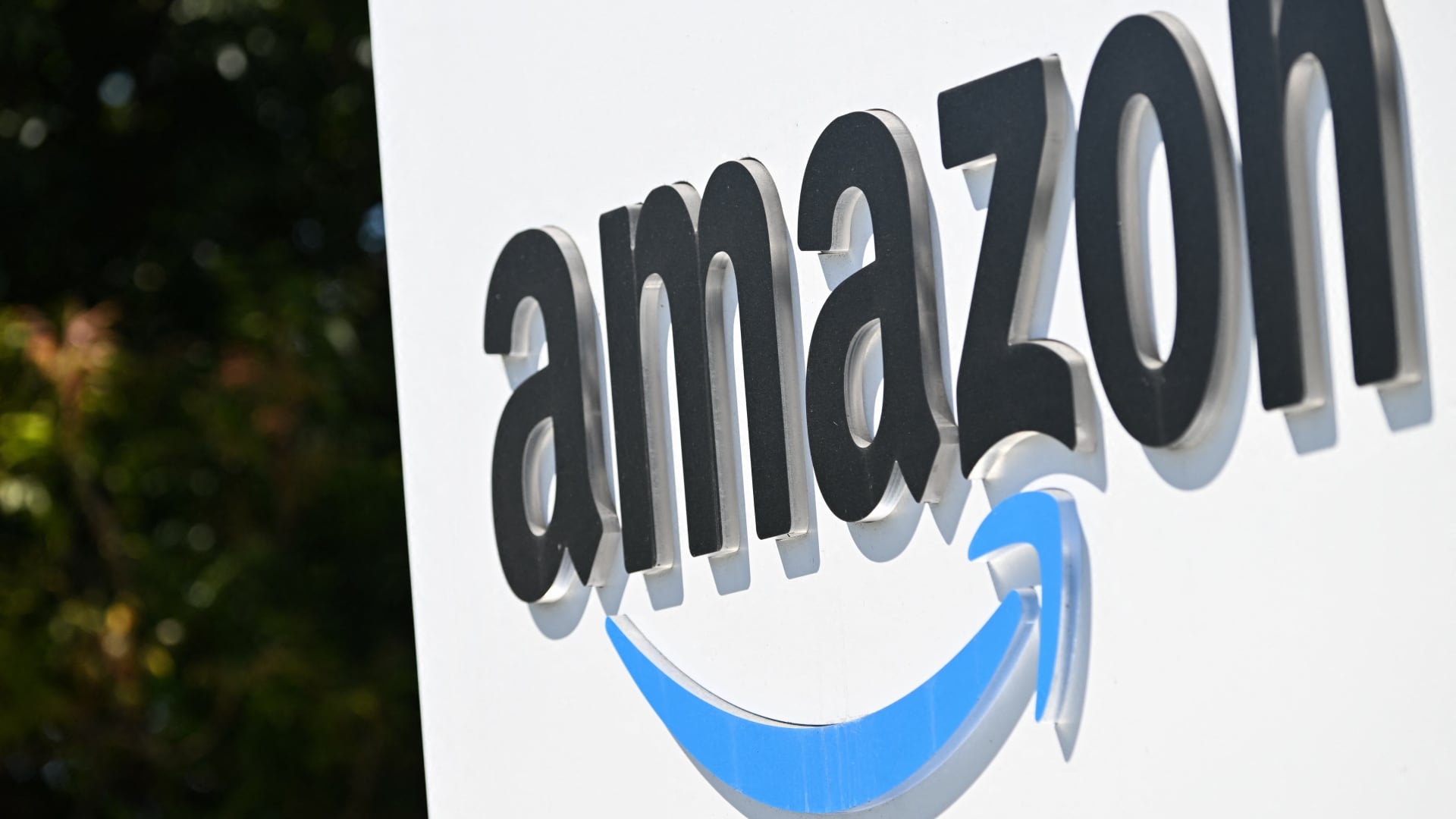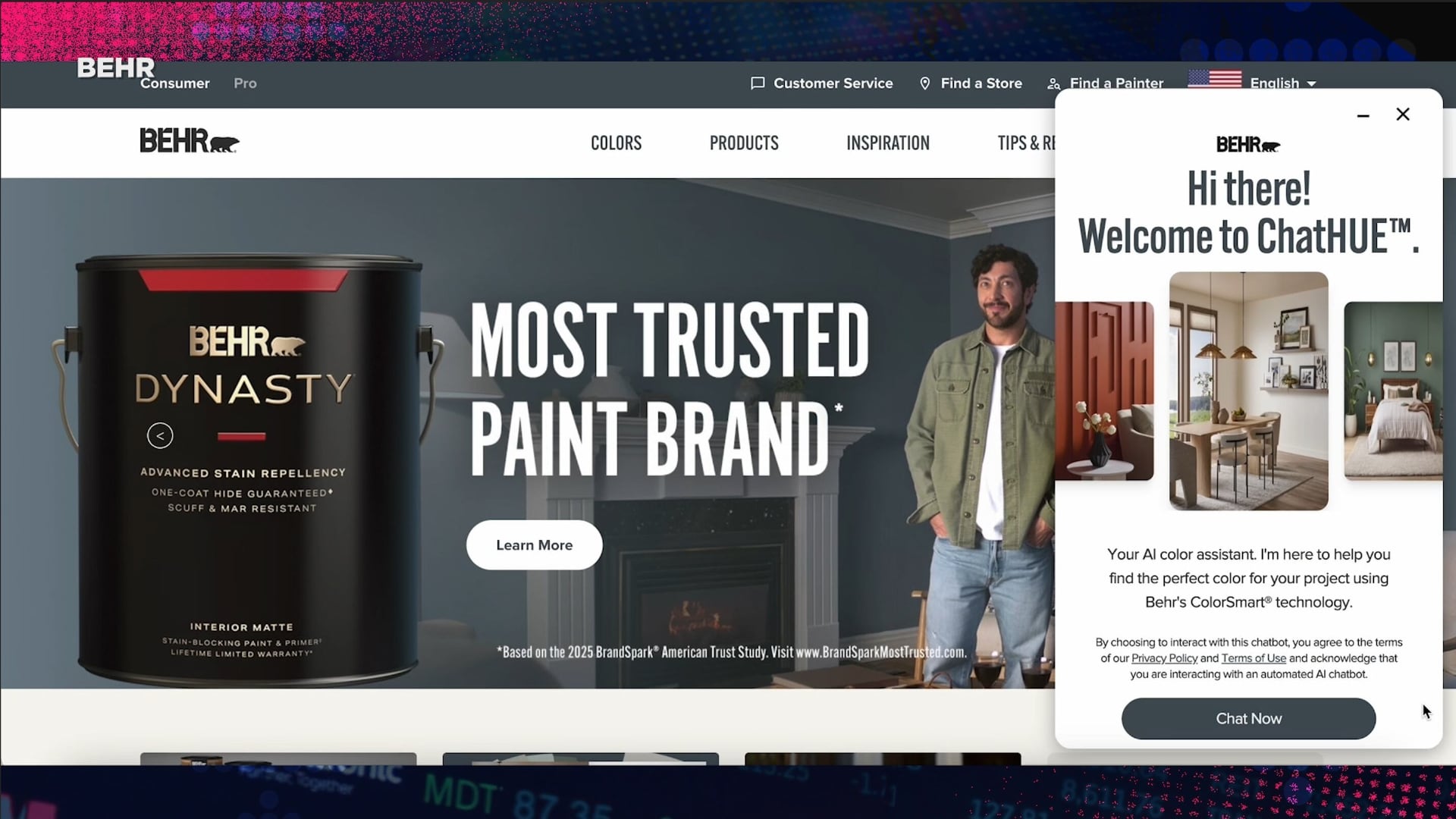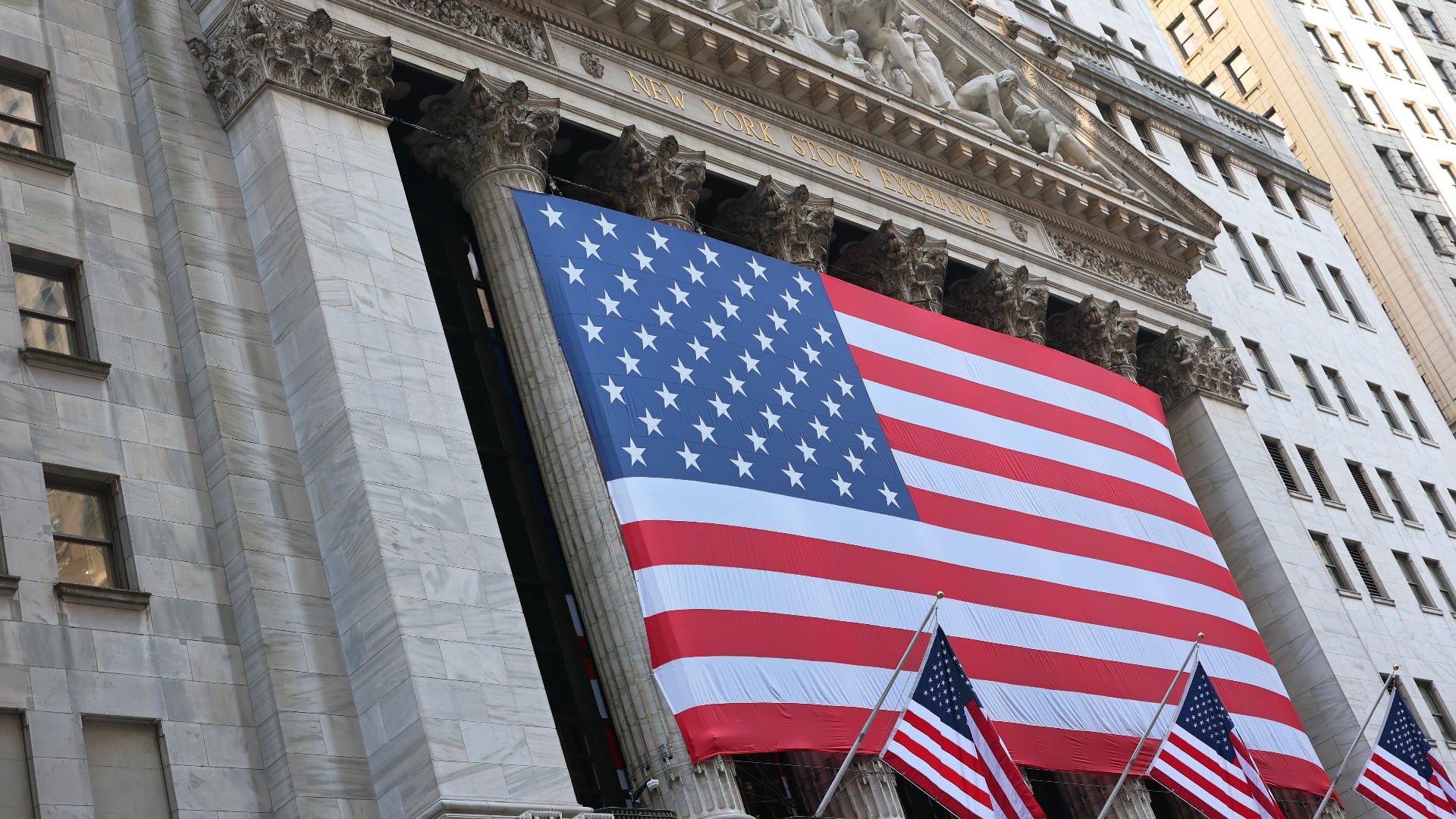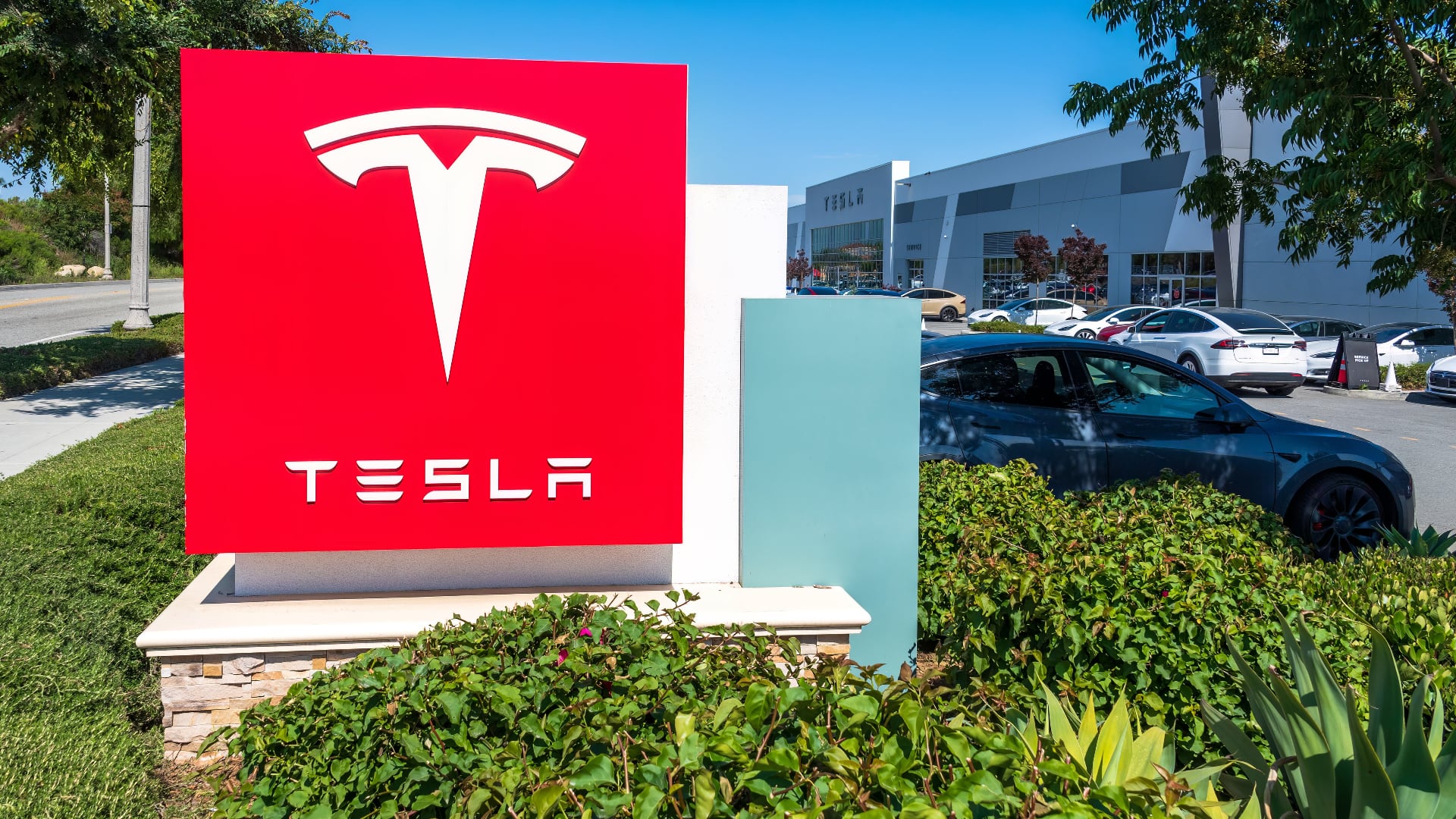Last week Sotheby’s held its first virtual auction of the new year and already managed to break records. Sandro Botticelli's Portrait of a Young Man Holding a Roundel sold for a record $92.2 million in the event. That price tag makes it the second most valuable Old Master painting ever sold at auction after Leonardo da Vinci’s ‘Salvator Mundi,’ which sold for $450 million in 2017.
“I think it speaks to the resilience of the art market during the COVID period,” Charles F. Stewart, CEO of Sotheby's, told Cheddar.
Sotheby’s was among several auction houses that turned to digital events during 2020 and the company believes those will remain a part of the art world for some time. ‘‘There’s many, many months that go into the preparation that lead up to that one exciting point that people see,” Stewart said.
After prequalifying potential buyers, "it's the magic of auction. You see who shows up and what happens,” he added
Beyond the virtual auction, Sotheby’s has been relying more on digital ways to connect people to art. Stewart says the effort has “offset the fact that there are other people who have not been able to see the art they love in person.”
That digital-first mentality has triggered an influx of new buyers who are typically much younger than Sotheby’s usual client. More than 40 percent of bidders and buyers in online auctions are new to Sotheby’s, and the number of buyers under the age of 40 has doubled since 2019.
“I think that is, in part, because people are more comfortable accessing things and learning about them in a digital-first format,” Stewart said. The company believes that this means those buyers will remain clients in the art market well into the future
“Art is primarily, in my view anyway. a passion category,” Stewart said. “People buy things that they fall in love with.”
People seem to be falling in love a lot when it comes to art in the last year. Sotheby’s reports the highest value of consolidated sales, totaling over $5 billion. Auction sales achieved more than $3.5 billion, with online sales accounting for over $575 million.
“If you think about everything that’s gone on in the last 12 months in the world, these moments of who we are, culture, identity,” Stewart said. “These are themes that are incredibly important in the art market and a reason people buy art beyond pure investment.”
Note: Patrick Drahi, Chairman of the Board of Cheddar's parent company Altice USA, is also the owner of Sotheby's.



